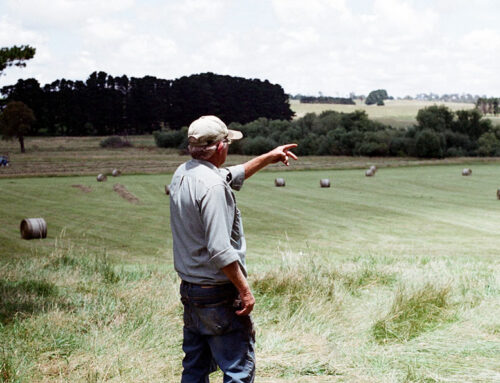On April 5, 2022, the House Agriculture Committee will hold its next farm bill hearing on “Renewable Energy Opportunities in Rural America.” Nearly a month ago, the Committee held a hearing on rural development, which intersects with renewable energy issues. Here’s what we said at the time of the March 2022 hearing:
“The most expensive farm bill energy title program – the Rural Energy for America Program (REAP) – was meant to spur the production of rural wind and solar projects, benefiting farmers and rural businesses. While most REAP spending over the past decade went to rural solar projects, the program also subsidized the mature biodiesel and ethanol industries despite Congressional prohibitions and the fact that first generation biofuels fail to significantly reduce greenhouse gas emissions. Since 2010, USDA spent $10 million subsidizing biodiesel facilities, $32 million on ethanol facilities and blender pump infrastructure, and $33 million on biomass sources. One biomass project spent taxpayer dollars on a feasibility study for wood pellet manufacturing for both domestic and international use, i.e. cutting down US trees to export to Europe to be burned in power facilities, which does not benefit the climate.”
Over the last decade, REAP has also subsidized special interest projects such as hot tubs, bridal stores, limousine companies, oxygen monitoring systems for catfish farms, installation of tobacco production equipment, replacement of “syrup evaporators,” and construction of confined poultry feeding operations. Many of these are normal costs of doing business that taxpayers should not be shouldering.
Some Members of Congress proposed significant REAP spending increases in Build Back Better (the budget reconciliation package) and other legislative proposals. However, if USDA continues to circumvent Congressional intent and direct REAP funding to mature biofuels facilities, such as corn ethanol facilities, the program will fail to meet its intended goals.
Other farm bill energy title programs waste taxpayer dollars on projects that, despite their titles, fail to deliver climate benefits. Some examples include:
- The Biorefinery Assistance Program risks taxpayer dollars on loan guarantees for bioenergy projects, some of which have failed.
- The Biomass Crop Assistance Program (BCAP) has been littered with waste, fraud, and abuse, leading to Congress significantly cutting its funding.
- The Bioenergy Program for Advanced Biofuels has a history of subsidizing large agribusinesses and biofuels companies such as Renewable Energy Group (Chevron recently announced it plans to acquire REG), Louis Dreyfus, Ag Processing, Archer Daniels Midland (ADM), MN Soybean Processors, and Cargill Inc. Despite its title, the program has not spurred development of non-food-based advanced biofuels that significantly reduce GHG emissions. Rather, the program has primarily subsidized mature biofuels such as soy biodiesel and corn ethanol.
- Other programs such as the Biomass Research and Development Initiative (BRDI) subsidize woody biomass and other dead-end projects that have squandered taxpayer dollars on the failed cellulosic biofuels industry for decades.
Instead of wasting taxpayer dollars on false climate solutions such as mature forms of bioenergy, the Agriculture Committees should instead invest in initiatives that deliver real climate results, such as reformed conservation programs.











Get Social